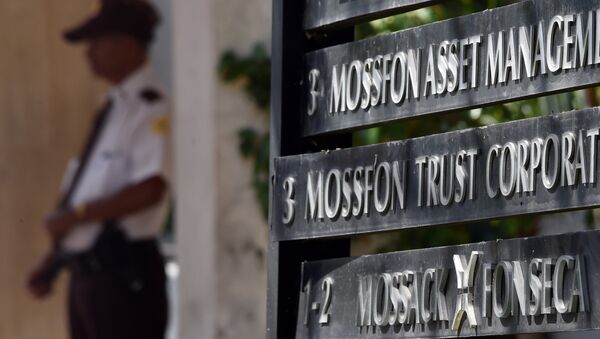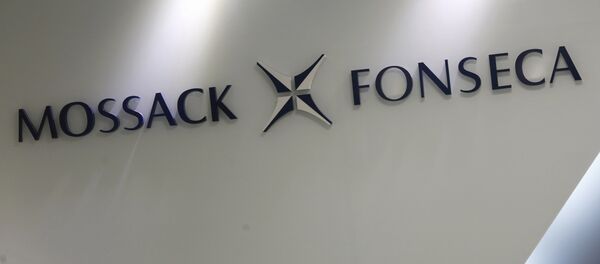The Panama Papers, the biggest data leak in history, revealed some 11.5 million documents from the Panamanian law firm Mossack Fonseca. The person behind the leak has not been identified, but has now spoken out.
“For the record, I do not work for any government or intelligence agency, directly or as a contractor, and I never have. My viewpoint is entirely my own,” the whistleblower said in an 1800-word manifesto published in the German newspaper Süddeutsche Zeitung.
The whistleblower claimed that they hoped to start a global debate about income inequality.
“Shell companies are often associated with the crime of tax evasion. But the Panama Papers show beyond a shadow of a doubt that although shell companies are not illegal, by definition they are used to carry out a wide array of serious crimes,” the statement reads. “Income inequality is one of the defining issues of our time.”
“The prevailing media narrative thus far has focused on the scandal of what is allowed and legal in this system. What is allowed is indeed scandalous and must be changed.”
The amount of information leaked is so large that the International Consortium of Investigative Journalists enlisted 100 media organizations, in 83 countries, to spend a year investigating the data.
The whistleblower revealed that they had approached several media outlets who declined to accept the material, also reaching out to Wikileaks, but were unable to get a reply.
“Even WikiLeaks didn’t answer its tip line repeatedly,” the whistleblower explained. “The media has failed.”
Mossack Fonseca has denied any wrongdoing and insists that they work within existing international legal structures.
Repercussions of the leak have included the resignation of Iceland’s prime minister and blowback on leaders in Russia, China, and Argentina.
On Thursday, President Barack Obama proposed new laws to regulate the use of offshore tax havens.




